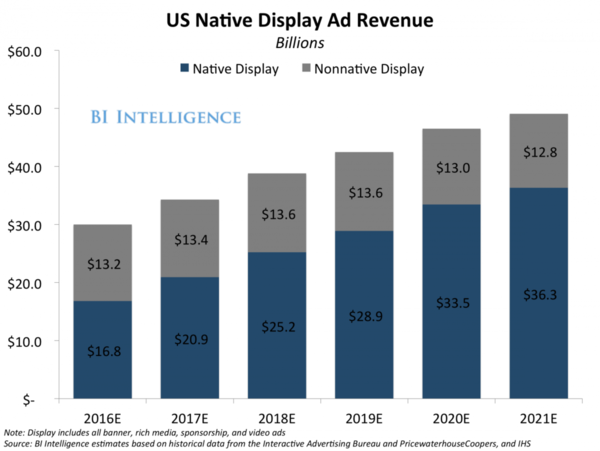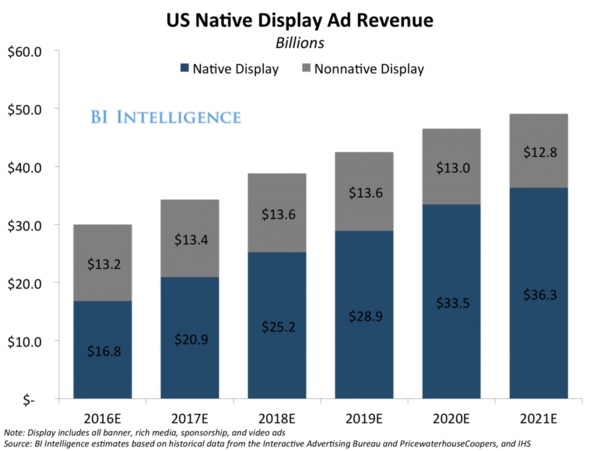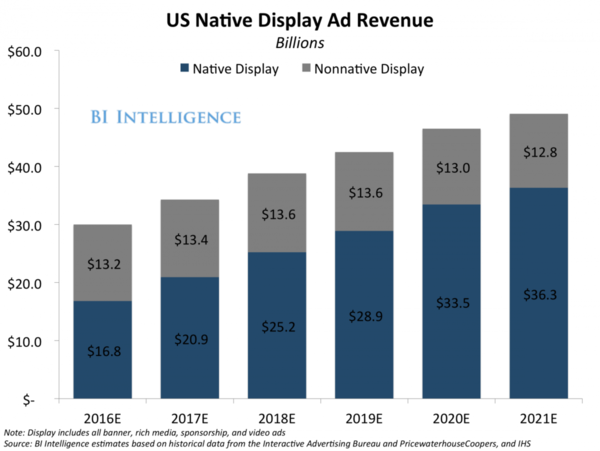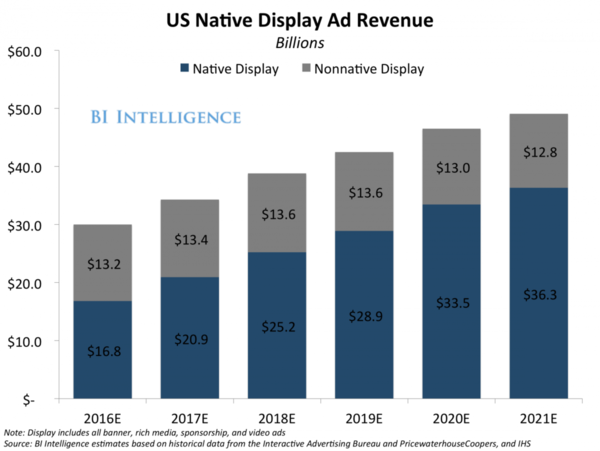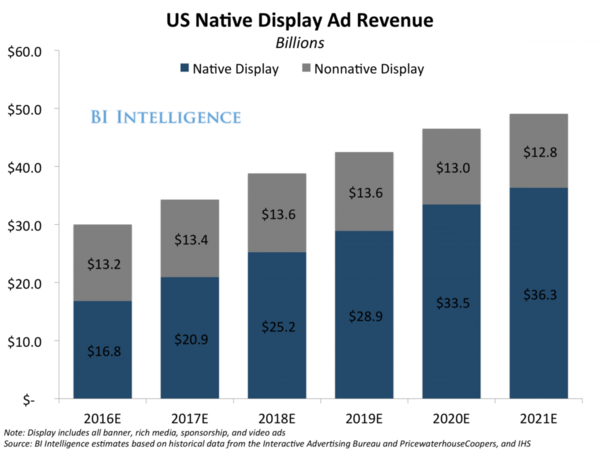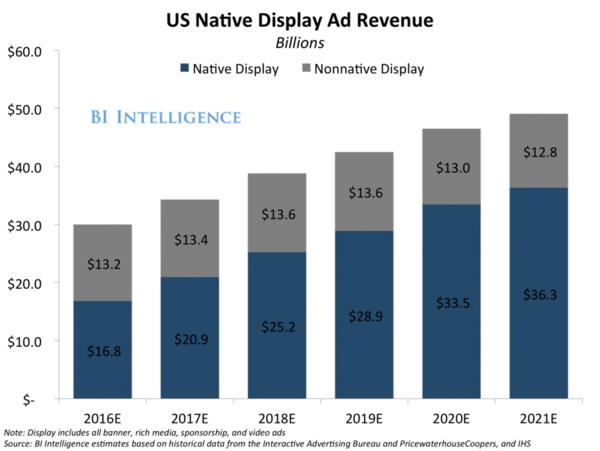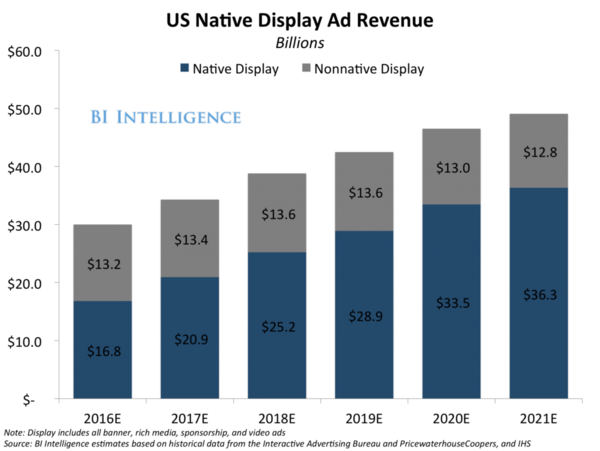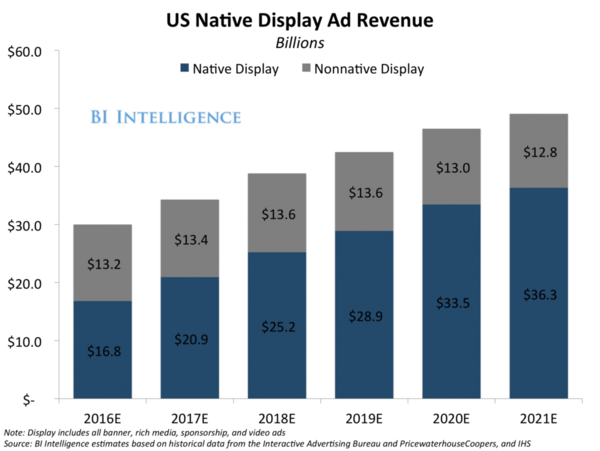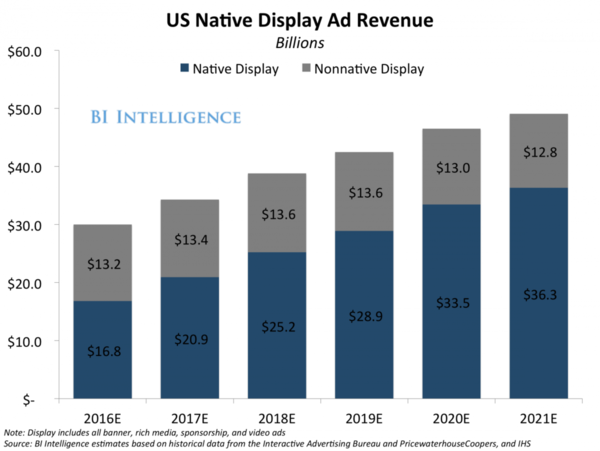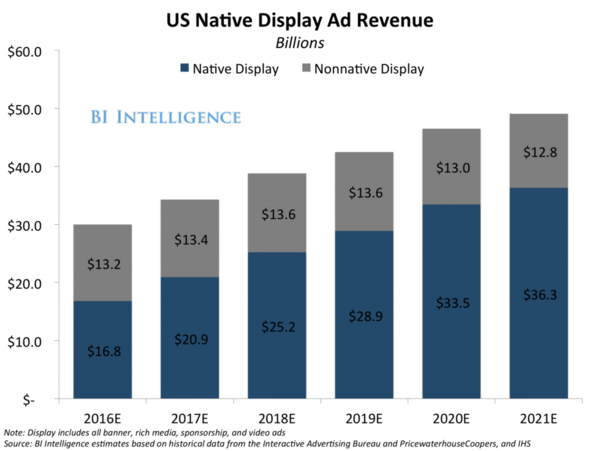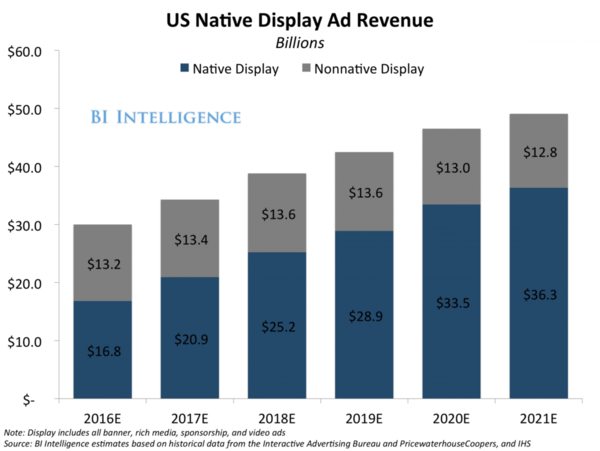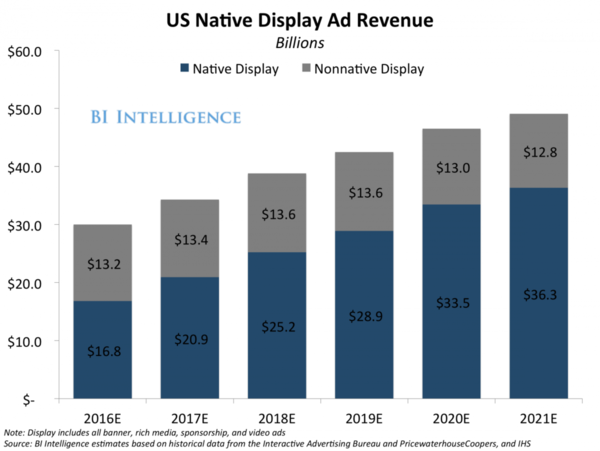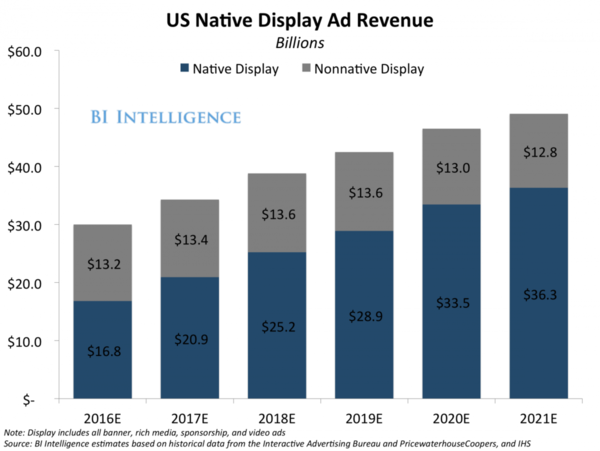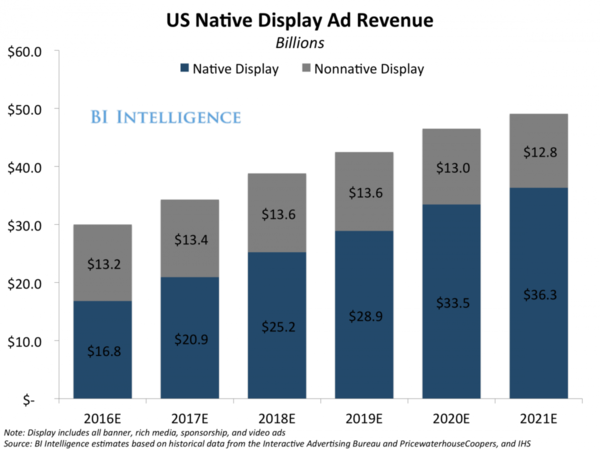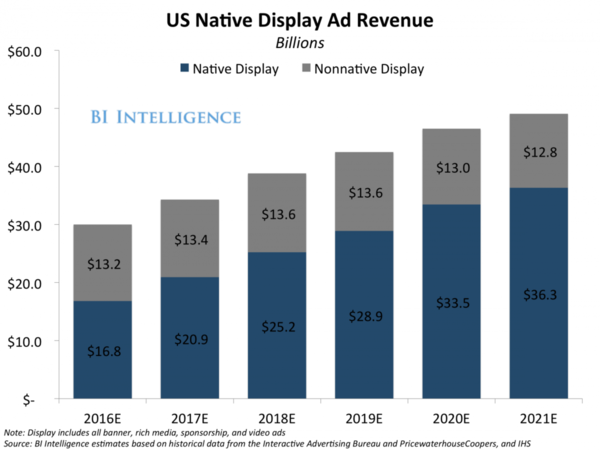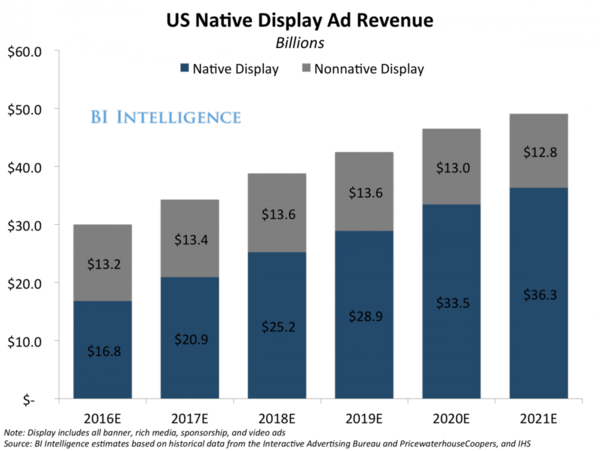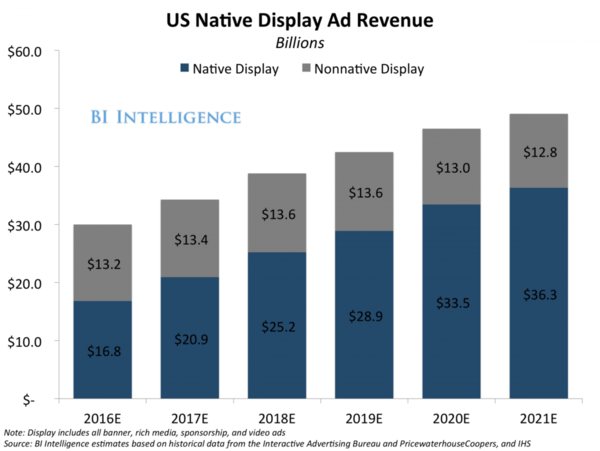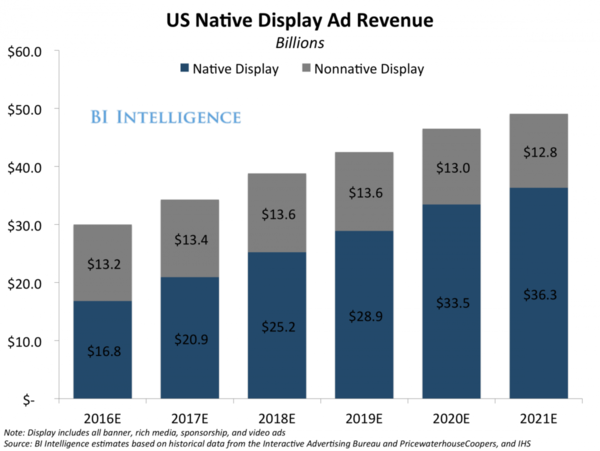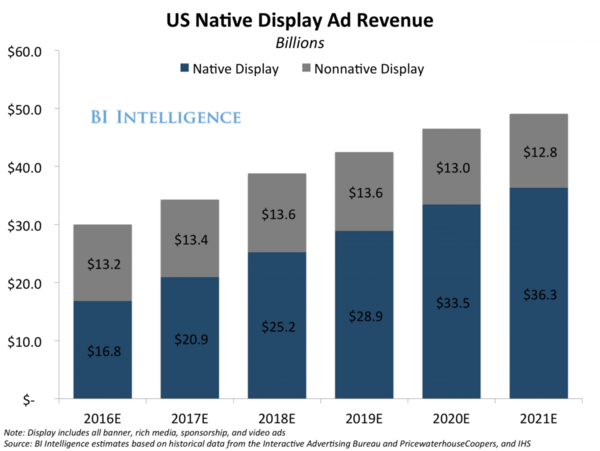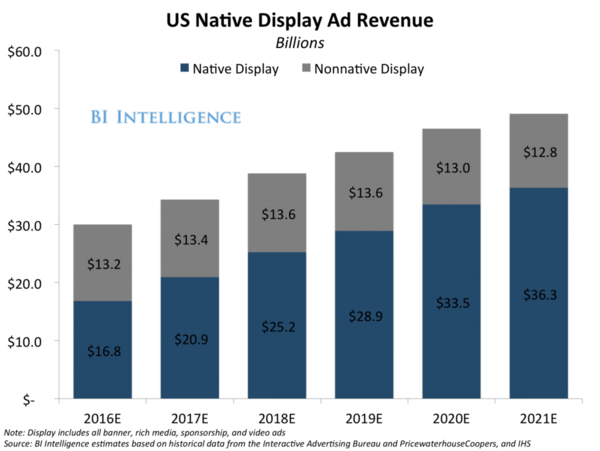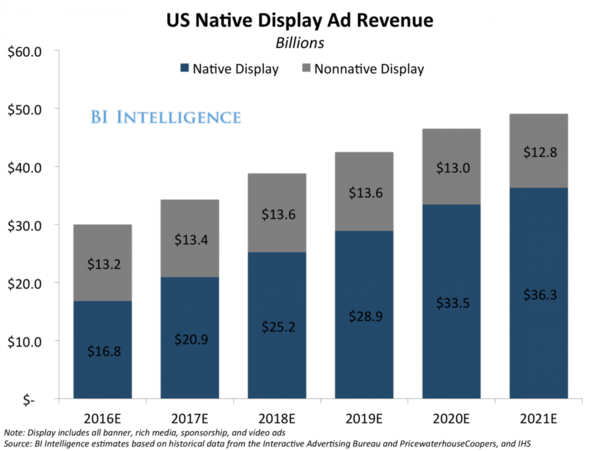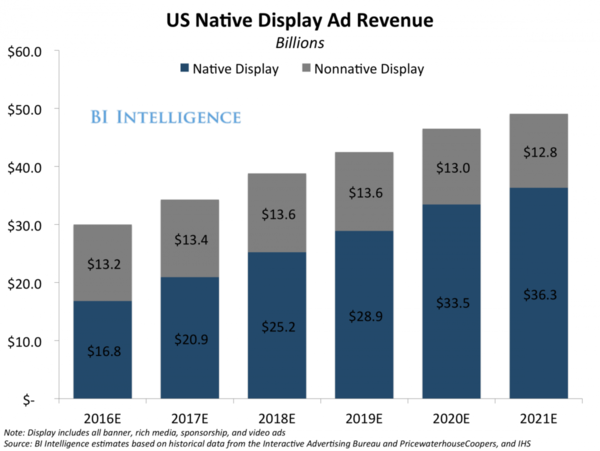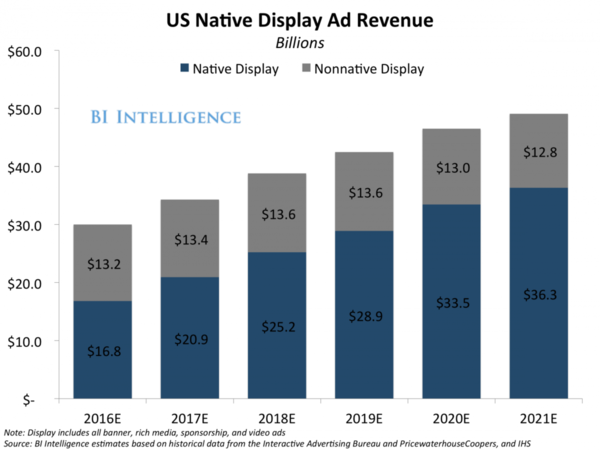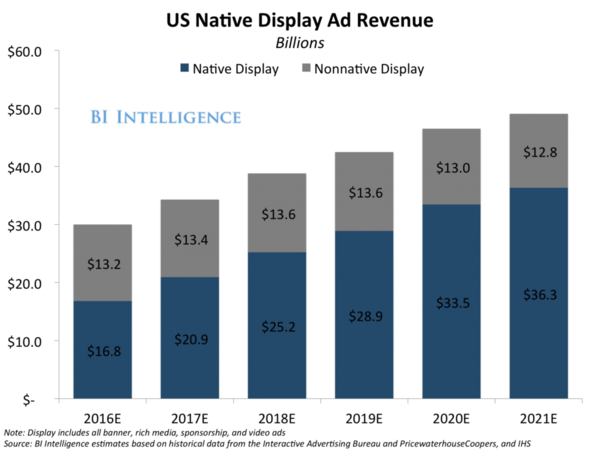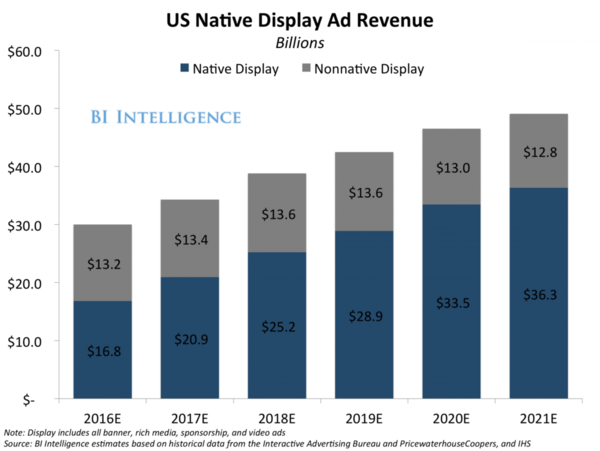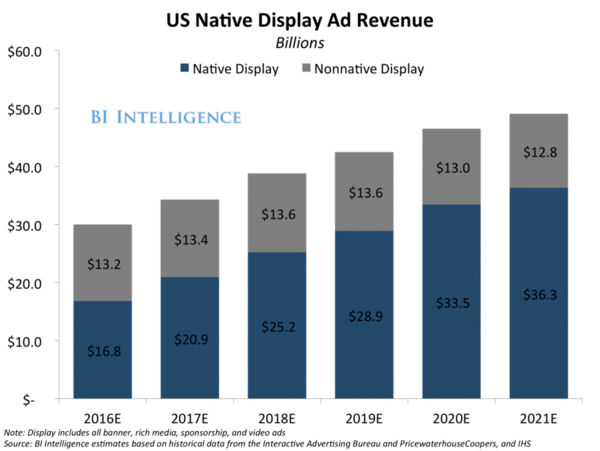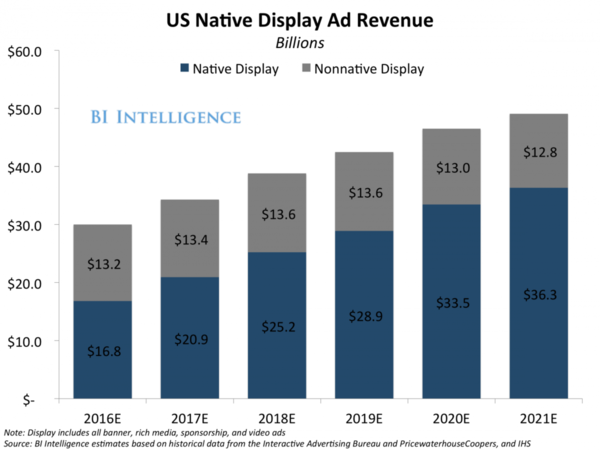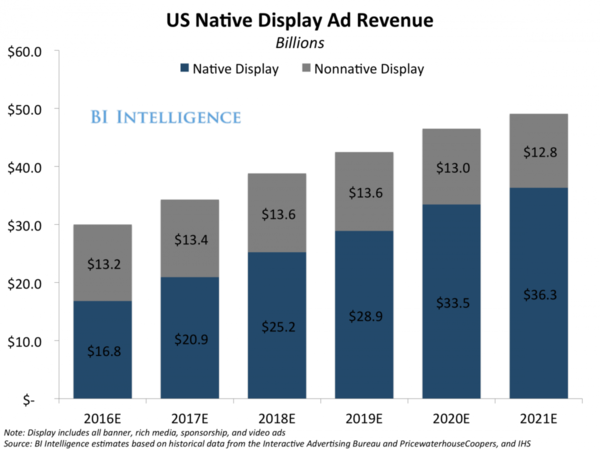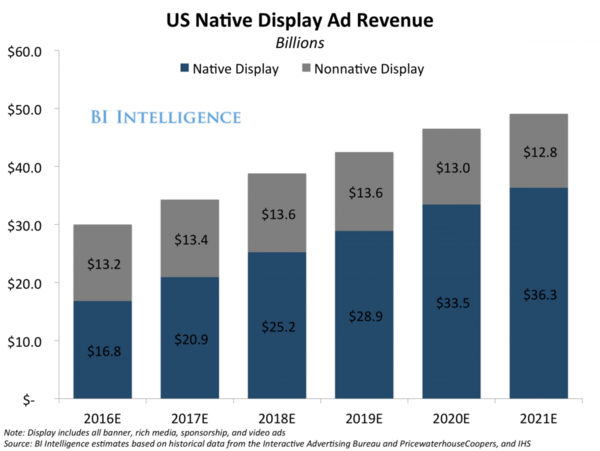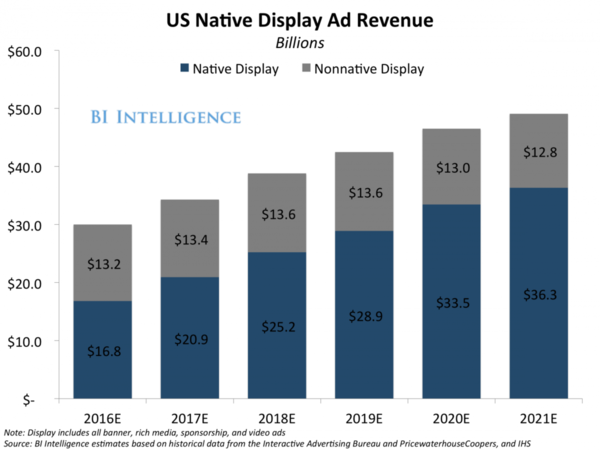
Mininets: What They Are and How They Work
Mininet is a network emulator that enables users to construct virtual networks on a single machine. It is widely used for developing, testing, and prototyping c...
Welcome to our comprehensive Affiliate Marketing Glossary, your essential guide to mastering the language of affiliate marketing. Spanning from the fundamental to the advanced, these popular affiliate marketing terms serve as an invaluable resource for understanding the mechanisms and strategies within the affiliate marketing industry.
Mininet is a network emulator that enables users to construct virtual networks on a single machine. It is widely used for developing, testing, and prototyping c...
Mobile affiliate marketing leverages the growing mobile traffic to promote products and services via smartphones and tablets. Discover key strategies, ad format...
Mobile billing, also known as mobile carrier billing, is a payment method that allows consumers to charge purchases directly to their mobile phone bills. Discov...
Money site is a website owned by a merchant, specifically designed to generate revenue. Learn about money sites, their characteristics, monetization strategies,...
Negative keywords allow advertisers to filter who will see their ads by preventing them from being triggered by certain searched words, optimizing ad spend and ...
Niche marketing concentrates efforts on a distinct and small division of a society. It targets requirements that are inadequately conceived by others.
Learn what off-page SEO is, why it matters for affiliate marketing, and discover effective strategies like link building, social signals, and reviews to boost y...
Discover the essentials of on-page SEO, including key components like title tags, meta descriptions, content quality, and user experience. Learn how to optimize...
One-way links are hyperlinks from one website to another without reciprocity, playing a crucial role in SEO by signaling credibility and authority. Learn their ...
Optimization is a method of adjusting a process to optimize certain parameters without violating any rule. Learn more details in the article.
Outbound linking refers to creating hyperlinks that direct users to external domains. Learn how outbound links boost credibility, improve SEO, and play a vital ...
Page Authority (PA) is a metric developed by Moz that predicts how well a specific webpage will rank on search engine results pages, based on factors like backl...
Learn how Google's PageRank algorithm measures website authority by evaluating link quality and quantity. Discover its impact on SEO, affiliate marketing, and h...
Paid search is a popular digital advertising model where advertisers pay only for clicks on their ads, ensuring targeted visibility on search engine results pag...
Pay bump is an extra sum of money added to their normal salary. It can be used to show your appreciation for their effort.
Pay per click (PPC) is an online advertising model where advertisers pay a fee each time their ad is clicked, commonly used in affiliate marketing to drive traf...
Pay per lead (PPL) is a performance-based marketing model where businesses pay affiliates for each qualified lead generated. Learn how PPL works, its benefits, ...
Pay per sale (PPS) is a performance-based affiliate marketing model where advertisers reward affiliates for each sale generated through their promotional effort...
The payment threshold is the minimum commission amount affiliates must earn before they can withdraw their earnings in affiliate marketing. Learn how thresholds...
Performance-based marketing rewards agents for their hard work, providing a strategy that improves performance by compensating only for successful conversions a...
Pinging is a process used in SEO to alert search engines and platforms about new or updated content, enabling faster indexing and improved visibility for websit...
Podcasts are digital audio series released periodically and accessible via subscription. Learn how podcasting works, its formats, marketing uses, and its synerg...
Discover how Positive Pay protects businesses from check fraud with an automated verification process. Learn about its mechanisms, variations, and benefits for ...
A privacy policy is a legal document that states what the company can do with customer data. Learn about its importance, core components, and relevance for affi...
Private label rights define what the owner can do with the purchased product. Learn about PLR, its types, benefits, legal considerations, and how it supports di...
Product rights are a legal form of information on how a digital product can be used. Learn more about the forms of product rights in the article.
Discover the essentials of profit margin, its types, calculation, and significance in affiliate marketing. Learn how to evaluate and improve your business profi...
Quality score is an important measurement that provides insights on keyword relevancy for the ad text, search query, or landing page.
Raw clicks represent the total number of times an affiliate link is clicked, serving as a fundamental metric for tracking user interactions before unique filter...
Real-time bidding (RTB) is an automated auction process in digital advertising, allowing advertisers to bid for ad impressions in real time to target specific a...
Reciprocal links are mutual connections between websites, historically used to improve SEO by exchanging backlinks. Learn about their current impact, best pract...
A redirect link is a line of text that sends the visitor to another website upon clicking on it. Find out more in the article.
Discover what a Related Affiliate is in affiliate marketing, how they leverage niche expertise and audience trust to drive conversions, and why they're pivotal ...
Learn what Resell Rights (RR) are, how they differ from Master Resale Rights (MRR) and Private Label Rights (PLR), and how to leverage them in affiliate marketi...
Residual earnings are a type of affiliate marketing income where affiliates earn commissions not only from the first sale but from ongoing purchases made by ref...
Return on investment (ROI) is a measure used to determine the profitability of your investments. It provides valuable insight into money efficiency, especially ...
Rich site summary (RSS) is a form of web feed designed for websites that need to be frequently updated. Learn more in the article.
Discover Run Of Network (RON), a cost-effective advertising strategy that promotes products across an entire network of websites, maximizing reach with less tar...
The root domain is the top of the domain hierarchy, including the domain name and its TLD, and is crucial for brand identity, SEO, and affiliate marketing. Lear...
Discover the difference between search and content networks in affiliate marketing. Learn how search networks deliver ads to users actively searching for produc...
A search engine is software created to make searching on the internet easier for users. It searches millions of pages and provides the most relevant results.
Search engine optimization (SEO) is the process of enhancing a website to improve its visibility in search engine results, increasing both the quantity and qual...
A search term is a marketing terminology of the text that the user types in a search bar. It consists of one or more keywords.
SEO affiliates, also known as search affiliates, help you improve your site’s ranking on the search results page. Discover how SEO affiliates use expert strateg...
Spiders are bots created for spamming, which may cause your business a lot of problems. Learn more about them in the article.
Discover what a Search Engine Results Page (SERP) is, its components, and how it impacts SEO, affiliate marketing, and user behavior. Learn about organic and pa...
Shadow domains are unauthorized or malicious domains that imitate legitimate websites to divert traffic, manipulate search engine rankings, or carry out fraudul...
Silo content, also known as content islands, is a strategic method of grouping related content to optimize SEO, improve user navigation, and establish topical a...
A single offer is a targeted link that leads customers to a specific promotion or product, usually with a static payout. Learn how single offers work, their ben...
Smartlink is a link located on the internet that points to something. For example, in affiliate marketing, smartlinks can be used as statistics.
SMS billing flow is a process of verifying the customer. They have to either send or receive an SMS to be able to make a payment.
Social marketers use marketing principles to influence behaviors that benefit individuals and communities. Learn how they drive social change, integrate with af...
Computer spiders are special bots designed to spam your email address or web page. To prevent attacks on your sites, use spider detection.
Split testing is a controlled experimentation method where different versions of a digital asset are presented to segments of an audience to determine which yie...
Statistical significance expresses the reliability of measured data, helping businesses distinguish real effects from chance and make informed decisions, especi...
A subdomain is a part of the Domain Name System hierarchy. It belongs to a particular domain. The original domain is called the root domain. Learn how subdomain...
A super affiliate is an elite affiliate marketer who generates the majority of profits in affiliate marketing campaigns. Discover their characteristics, benefit...
The supply-side platform, also called the sell-side platform, enables web publishers to manage their ad campaigns, optimize ad revenue, and connect with multipl...
Sweepstakes are a form of competition that can also be used as a marketing strategy. Using sweepstakes in marketing is a great advertising alternative.
Syndication is a way of cooperation between two parties to achieve better results. Find out more about different types of syndication in the article.
Affiliate Marketing Glossary
As we lay the foundation with the essentials of affiliate marketing terms, it’s time to pivot toward understanding why these terms are not just words but tools for success. Delving into the importance of this terminology will reveal its power in the affiliate marketing ecosystem. Our focus on affiliate marketing terms and definitions ensures that you’re equipped with the knowledge needed to navigate this dynamic field.
Navigating the affiliate marketing landscape requires a solid grasp of specific terminology. Knowing these affiliate terms is essential for success in the industry because it allows for clearer communication with partners, better strategy formulation, and more effective campaign analysis. Terms such as “Affiliate Network,” “Conversion Rate,” and “Cost Per Action (CPA)” are fundamental, yet understanding their nuances can significantly impact the effectiveness of your marketing efforts.
This glossary aims to demystify affiliate marketing jargon, providing a clearer path to achieving your marketing goals. By familiarizing yourself with this terminology, you can effectively strategize, analyze, and optimize your affiliate marketing campaigns, ensuring that you are leveraging every opportunity for growth and profitability.
To make the most out of this glossary, view it as a dynamic learning tool rather than a mere reference. Engage with it actively by incorporating the terms into your marketing plans and discussions.
Regular revisitation and practical application of these terms in your strategies can facilitate better assimilation of the knowledge contained herein. This approach not only enriches your understanding but also enhances your ability to apply these concepts effectively in real-world scenarios.
As you grow more familiar with the terminology, you’ll find it easier to navigate the complexities of affiliate marketing and to communicate more effectively with peers, partners, and platforms.
Having established a baseline of affiliate marketing knowledge, we’re poised to take the next step forward. Let’s now explore some of the advanced terminology that opens up a deeper understanding and application of affiliate marketing strategies, pushing beyond the basics toward mastery. This journey into popular affiliate marketing terms will further your ability to craft sophisticated marketing strategies.
As you delve deeper into the world of affiliate marketing, you’ll encounter more complex terms that are key to unlocking higher levels of success. Understanding advanced concepts such as “Earnings Per Click (EPC),” “Lifetime Value of a Customer (LTV),” and “Return on Investment (ROI)” can provide you with a competitive edge.
These terms help in evaluating the efficiency and profitability of your affiliate campaigns. For instance, “Earnings Per Click (EPC)” measures the average revenue generated per click on an affiliate link, offering insights into the performance of your affiliate efforts. Knowing and applying these advanced terms in your strategies will enable you to optimize campaigns, allocate resources more effectively, and achieve sustainable growth.
This glossary is designed to be a cornerstone of your affiliate marketing education, helpful for beginners who are getting acquainted with the basics and for experienced professionals seeking to deepen their knowledge and refine their strategies.
We encourage you to explore, learn, and revisit these terms as you navigate the evolving landscape of affiliate marketing. With this glossary as your guide, you’re well-equipped to expand your marketing prowess and to forge successful affiliate partnerships that drive your business forward.
Manage multiple affiliate programs and improve your affiliate partner performance with Post Affiliate Pro.

